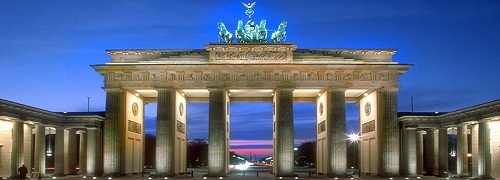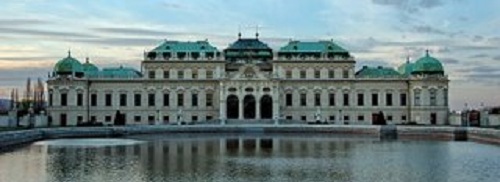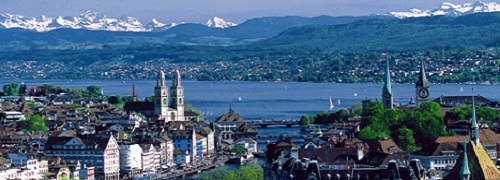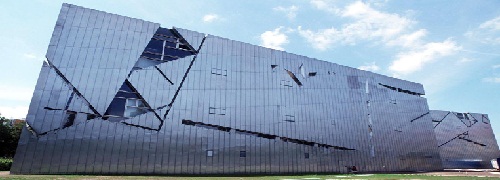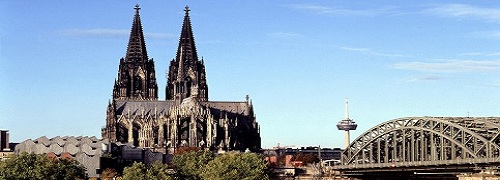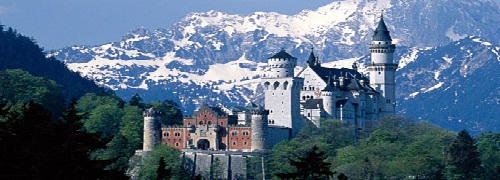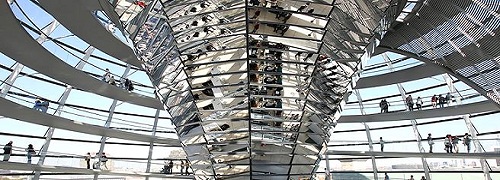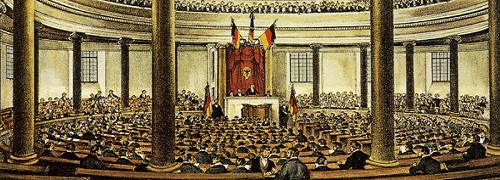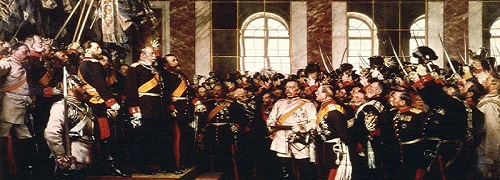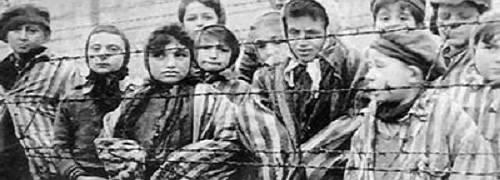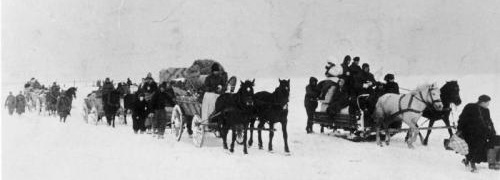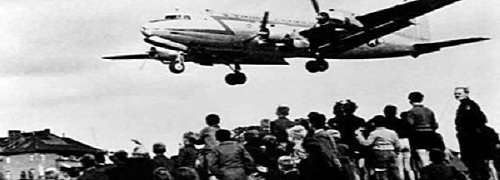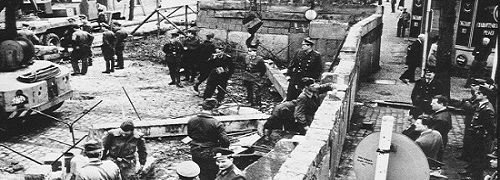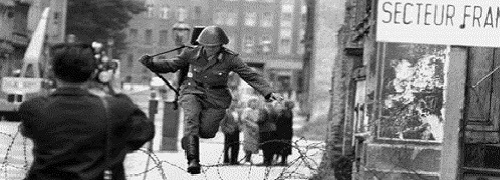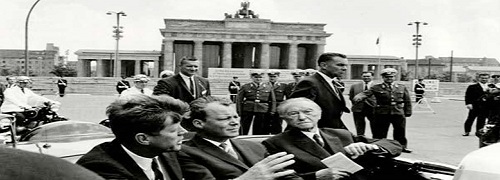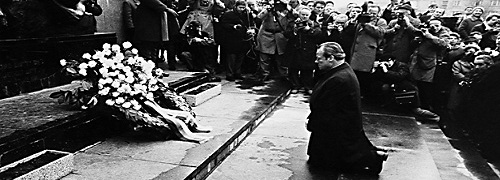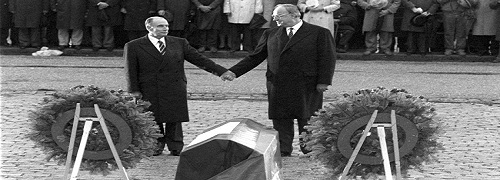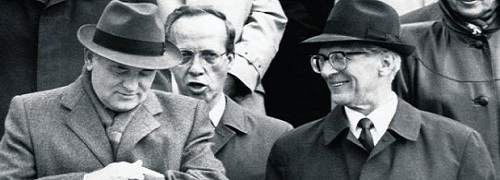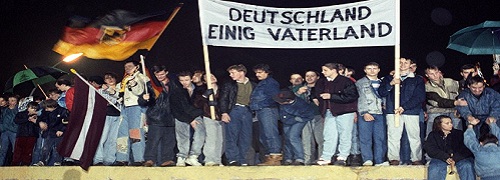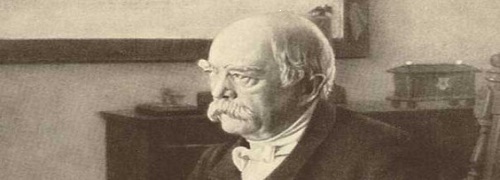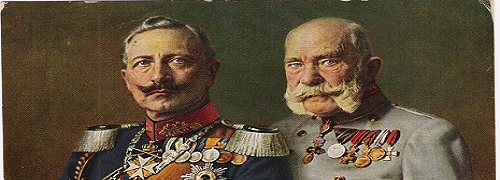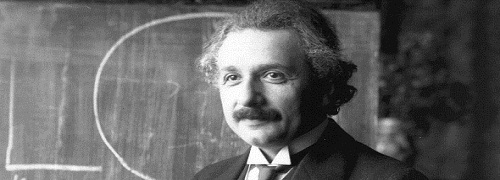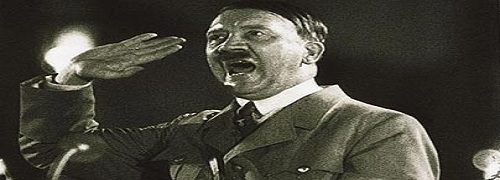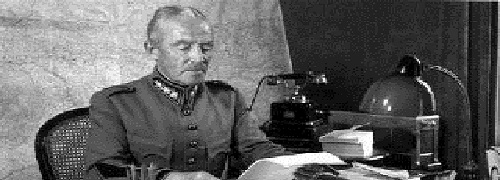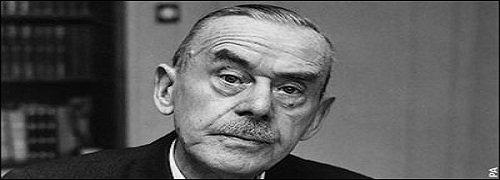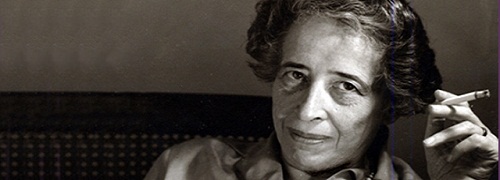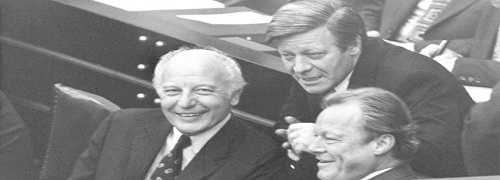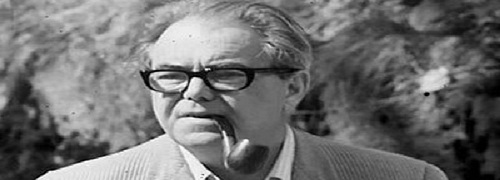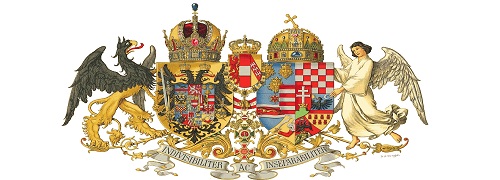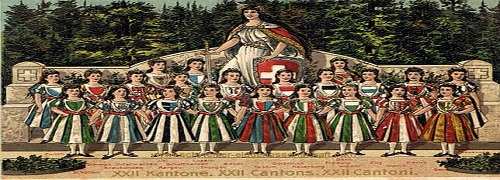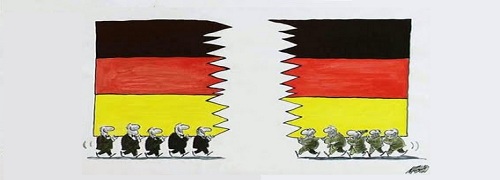THE SOUTH IN POST-WAR EUROPE
THE SOUTH IN POST-WAR EUROPE. ITALY, GREECE, SPAIN AND PORTUGAL
27 and 28 June 2013 – German Historical Institute, Rome
According to the mainstream discourse of the Cold War, “Western Europe” after 1945 appears to be essentially a homogeneous historical space fully integrated into the context of modern industrial societies. In the second half of the 20th century, however, the so called Western European societies were divided by deep inequalities both on the political and economic level. While States in the north embodied consolidated democracies, Spain, Portugal and Greece were, for shorter or longer periods, authoritarian regimes. At the same time, these countries were deeply afflicted with underdevelopment, which cut them off from the “economic miracles” other European states were experiencing. With its “weak democracy”, Italy had a contradictory position on the edge between the “backwardness” in the Iberian and Greek peninsulas and the “progress” in the neighbouring countries beyond the Alps. At the beginning of the 21th century the old inequalities were believed to belong to the past, until the debt crisis appeared to be splitting apart the continent once again. The conference raises the question whether “Southern Europe”—as this area may be referred to from a geopolitical and socio-historical rather than from a geographical point of view—is useful as an analytical tool for contemporary history.
CONFERENCE PROGRAMME
THURSDAY 27 JUNE
INTRODUCTION – Martin Baumeister (Rome), Roberto Sala (Basel) – 9:15 – 10:00 am
SESSION I – HISTORICAL REGIONS AND MENTAL MAPPING IN POSTWAR-EUROPE – 10:00 am – 1:30 pm
Chair: Johannes Paulmann (Mainz) – Discussant: Bernhard Struck (St Andrews)
“Centre” and “Periphery” in Western Europe – Patricia Hertel (Basel) (with Martin Lengwiler, Basel)
The Master Narratives of ‘Modernization’ and ‘Modernity’ – Wolfgang Knöbl (Göttingen)
Unsettling the Divide: Postcoloniality, Multiple Modernities, and Europeanization on the Mediterranean Periphery – Gisela Welz (Frankfurt)
Southern Europe and Historical Regions in Post-War Europe: Fragmentation and Conceptualization – Guido Franzinetti (Alessandria)
LOOKING AT “SOUTHERN EUROPE SINCE 1945” TWO DECADES LATER – A conversation between Giulio Sapelli and Martin Baumeister – 3:00 – 3:30 pm:
SESSION II – STRUCTURES, DISCOURSES, AND BORDERS – 3:30 – 7:00 pm
Chair: Stefano Cavazza (Bologna) – Discussant: Martin Baumeister (Rome)
Italy, Portugal, Greece and Spain in Social Scientific Studies – Martin Rhodes (Denver)
Southern Eastern Europe and Southern (Western) Europe – Marie-Janine Calic, (Munich)
Southern France: Algeria and the Midi between Colonization and Decolonization – Manuel Borutta (Bochum)
The Edges of What, the Periphery of Whom? Practising Discourses of Modernity in Turkey, 1950s to 1980s – Heinrich Hartmann (Basel)
FRIDAY 28 JUNE
SESSION III – BETWEEN AUTHORITARIANISM AND DEMOCRACY – 9:15 – 12:45 am
Chair: Roberto Sala (Basel) – Discussant: Federico Romero (Florence)
The Cold War, Southern Europe, and the Democratic Transitions of the 1970s – Mario Del Pero (Bologna)
Southern European Dictatorships in Transnational Discourse and Historiography – Till Koessler (Bochum)
Patterns of European Integration in Southern Europe. A Political-historical Study of the Impact of the Periphery on the Development of the European Union – José M. Magone (Berlin)
Political culture in Southern Europe: Searching for exceptionalism – Mariano Torcal Loriente (Barcelona)
SESSION IV – ECONOMY AND SOCIETY – 2:15 – 6:15 pm
Chair: Martin Rhodes (Denver) – Discussant: Roberto Sala (Basel)
From Endemic Poverty to Consumer Society – Stefano Cavazza (Bologna)
Public Debt and Economic Development in Southern Europe – Alexander Nützenadel (Berlin)
Welfare Balance Between State and Family. A Southern Configuration? – Claude Martin (Rennes)
Education and Economic Development – Antonio Schizzerotto (Trient)
From Emigration to Immigration Countries – Michele Colucci (Neapel)
ROUND TABLE AND CONCLUSIONS – 6:45 pm – 7:45 pm
Mario Del Pero (Bologna), Claudio Fogu (San Diego), Johannes Paulmann (Mainz), and Martin Rhodes (Denver)
Moderation: Martin Baumeister (Rome)
German Historical Institute
Via Aurelia Antica, 391
I-00165 Rome
www.dhi-roma.it
Conference attendance is free, but pre-registration is required.
Please email Monika Kruse:kruse@dhi-roma.it

